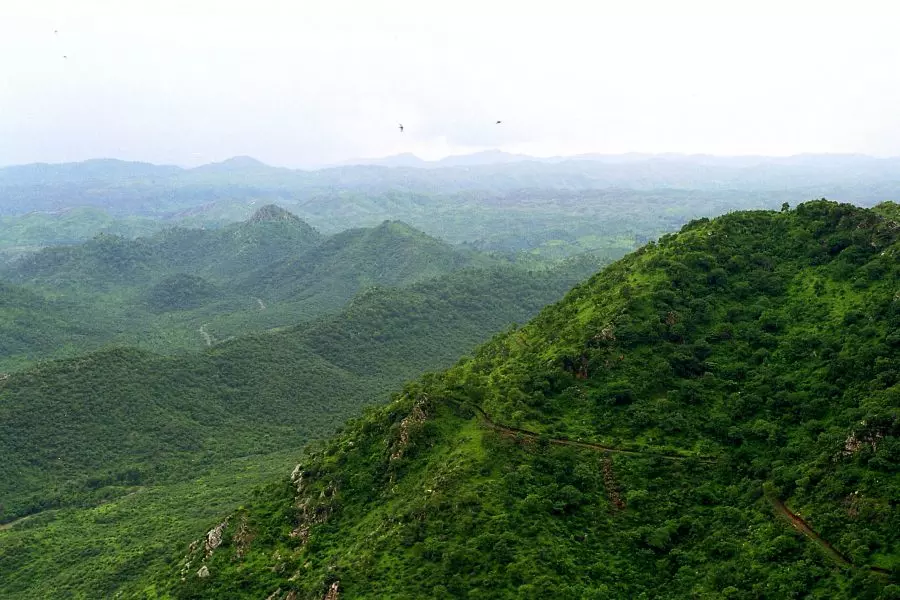
Supreme Court orders 4 states to halt new mining leases in Aravallis
Court orders prohibition on fresh mining leases in response to lack of clarity on Aravalli areas; Committee formed and tasked to define the Aravallis for uniform policy, a report is due in two months

Surprised by the Haryana government's claim that there's no clear definition of Aravalli range areas, the Supreme Court on Thursday (May 9) prohibited Gujarat, Rajasthan, Haryana, and Delhi from issuing new mining leases in India's oldest mountain range.
Observing that a balance between sustainable development and protection of the environment has to be made, the Supreme Court asked the Centre and state governments to stop illegal mining in the Aravalli area.
“Illegal mining in the Aravallis has to stop. The authorities have to ensure that the requisite steps are taken in this regard. Otherwise, what is the benefit of having only skeletal structures in the name of mountains? A balance has to made between sustainable development and protection of the environment,” the bench said.
A bench of Justices B R Gavai and Abhay S Oka said the governments must ensure that action is taken against erring officials.
However, the court clarified that existing legal mining activities wouldn't be affected by this order.
A definition of Aravali
The two-judge bench also established a committee, which included representatives from the Union Ministry of Environment, Forest and Climate Change, forest secretaries from the four states, and representatives from Forest Survey of India, Geographical Society of India, and Central Empowered Committee.
Their task is to develop a definition of the Aravallis to aid in drafting a uniform policy to safeguard the range, which acts as a barrier against the Thar desert encroaching upon the northern plains.
The Rajasthan government had earlier told the court that the issue regarding the classification between the Aravalli hills and the Aravalli ranges, insofar as mining activities are concerned, needs to be decided by the apex court.
The court instructed the committee to submit its report within two months and scheduled further hearings for July.
Preserving Aravali range
The concern of the court for Aravalli's preservation actually dates back to 1985 when it established a special forest bench. It has frequently banned activities like stone quarrying, sand mining, and commercial endeavors, and ordered the removal of encroachments from the hilly forested terrain.
In 2009, the top court imposed a blanket ban on the mining of major and minor minerals in the eco-sensitive Aravalli hills.
However, illegal activities persisted due to the complicity of some with the administration.
Amicus curiae K Parameshwar and senior advocate ADN Rao advocated for mapping mining areas in Aravallis to facilitate the discontinuation of mining in additional areas and prevent irreversible damage to the fragile ecology.
Representing Haryana, Solicitor General Tushar Mehta assured the court of the state's cooperation and commitment to implementing all orders regarding Aravalli's preservation.
Parameshwar proposed a complete ban on all mining activities in the Aravalli range, but the bench noted that such bans often lead to adverse consequences.

